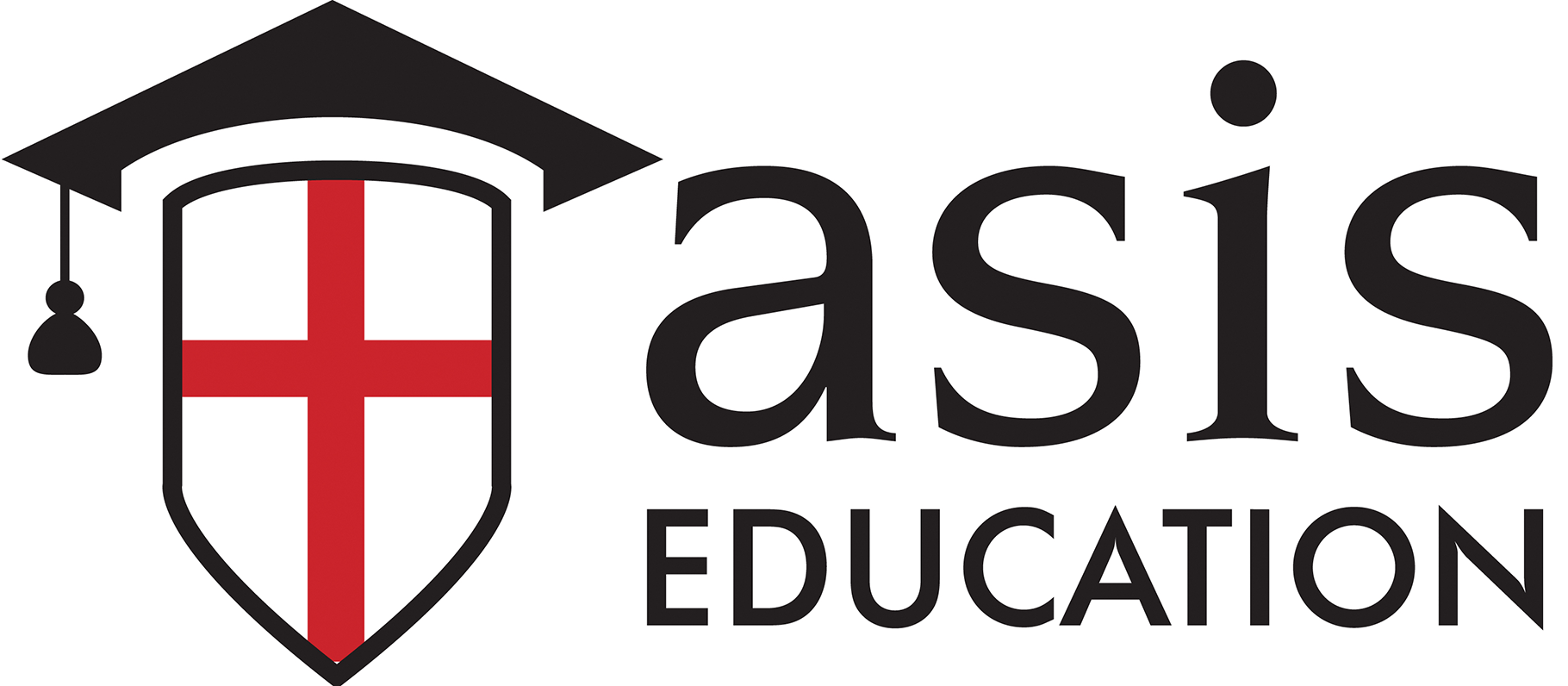Much rightful attention has been given this past week to the concern that our children are becoming ‘Zoombies’ because of the hours they are required to spend in front of a screen in online lessons. But what about the teachers? One rather exasperated teacher ( who wished to remain anonymous) said plaintively: “ We are expected to be looking after the well-being of the children; but who’s looking after our well-being? We’re also stuck in front of our screens most of the day too, let alone all the preparation we have to do.”
It’s a fair point, but it also highlights an even more significant issue.
Teaching in front of a screen, where you can’t move around, find it difficult to get face-to-face with every student and find time to load all of your teaching assets, can be both exhausting and frustrating. It’s a little bit like teaching in front of a mirror all day – but one which you can’t actually move from. To teach effectively online requires teachers to replicate the classroom experience as much as possible.
This is where the X20 Virtual Classroom Solution outscores all other platforms. The teacher is in a room, just like any classroom. Wearing a simple headset for sound, the teacher can move around, break students into groups, share whiteboards, get dynamic feedback off polling and, importantly, look face to face at life-sized images, not postage-stamp-sized images of the students. Added to this, some of the students can physically be in the classroom, creating a blended option – a vital ingredient whilst social distancing remains the requirement.
According to the National Foundation for Educational Research, more than 25% of teachers are considering leaving the profession – and this was before the COVID crisis. Of those, 56% blamed workload pressures and a further 20% cited stress and anxiety as reasons for wanting to leave. The financial cost of replacing valued staff is a real burden on schools, let alone the impact loss of experience and knowledge of the children and families.
At a recent demonstration of the X20 Virtual Classroom a very experienced teacher, whose in-school responsibilities included staff mentoring, started off rather skeptical that our solution could be no more than “Zoom on Steroids”. Halfway through he said: “ I never knew an online platform like this could actually give the teacher real freedom; we can actually teach!” He also saw how easily a competent teacher could adapt to the virtual environment, without loss of connection with the student. In short, he was excited by the solution.
In the UK, a number of organisations have been studying the impact on the educational attainment of virtual classroom teaching. Early signs are that many students, especially the disadvantaged, are struggling. I venture to suggest that this is as much to do with the platform itself as it is to do with the competency of the teacher.
Zoom and Teams and others operating in the space have done an amazing job is ensuring that there is some level of connection between school and student over the early months of the COVID pandemic. But connection alone is not good enough; it is not delivering educational development. And why? BECAUSE THEY ARE NOT CLASSROOMS. They are ‘chat rooms’, and they don’t have the ability – as a teacher does in a realtime classroom – to really ‘teach’. Teaching involves the proposition of ideas; the bounce-back of responses; the tracking of understanding; the delivery of work tasks relevant to the attainment of the student. All of that is much more difficult when the teacher is tied down to just “looking in the mirror”. There is NO freedom in that.
I am a strong advocate of research that moves from the student’s focus to the teacher focus. I am also confident that when the research does, it is the solution, such as the Harvard Business School solution developed by X20, which is going to be the one seen to deliver education progress and achievement. It really is time we thought more about the teacher. In the UK, we used to have an advertisement which ran: “ Everyone remembers a good teacher.” We do. But now we have to think: “Set the teacher free to unlock personal growth.” If the teacher is ‘bound’, so too will be the students.
This being so, it is time to really invest in platforms that let the teacher actually teach, and the student actually learns. The mental and emotional well-being of teachers will be deeply impacted – and many more of them will be retained in the profession – if we move in that direction. And the students will flourish too.




